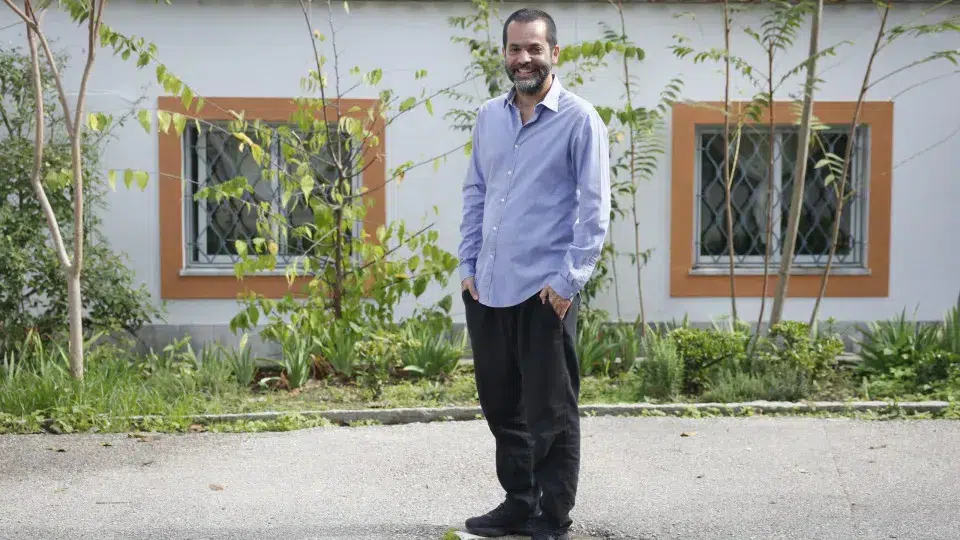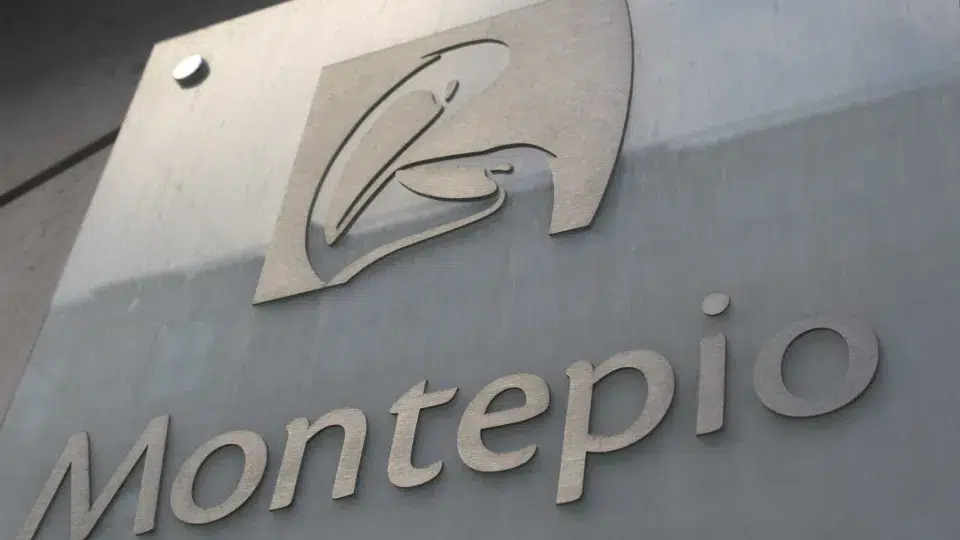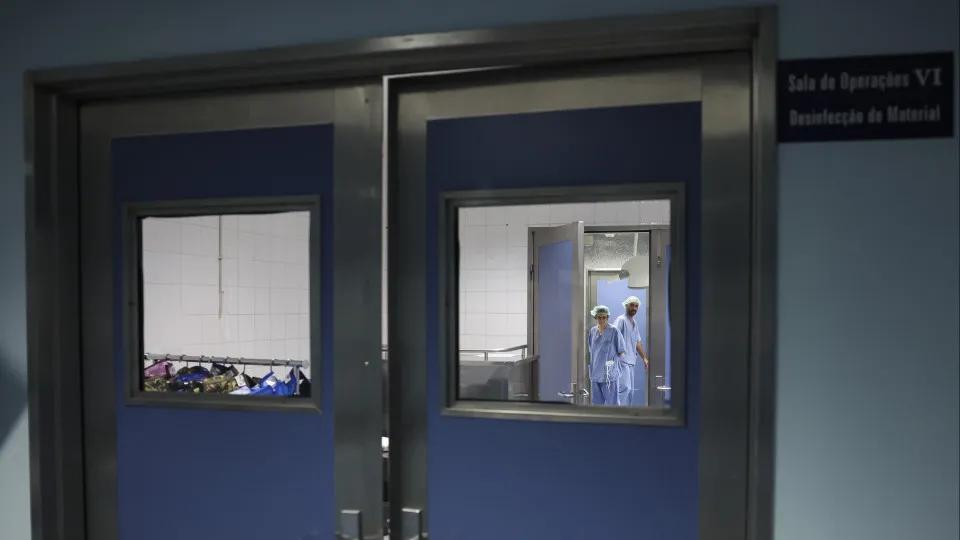
“The Mutualist Association can directly intervene to assist its members, and the issue of housing is crucial at this moment at all levels, for all generations. In the 1930s, the Mutualist Association had a significant component of investment in housing for its members. Currently, this is less expressive—it is evident that there has been pressure from us, and Virgílio Lima has already introduced a program on this matter—but much more can be done,” stated the leader of list B, Tiago Mota Saraiva, in an interview.
According to the architect and university professor, the current administration has recently made proposals in the housing area, already approved by the Assembly of Representatives, but more needs to be done.
Besides the impact on members, list B believes that the size of the Montepio group will make these measures impactful, considering the housing crisis.
Mota Saraiva mentioned that the mutualist has mainly acted in housing through credit financing (via Banco Montepio) and investment funds and needs to primarily produce housing “at affordable rents for its members.”
He also advocated for the group to create proprietary financing lines for housing cooperatives.
Mota Saraiva considers these investments secure, as real estate historically appreciates and there is the physical guarantee of the property.
“For many years, especially in recent decades, Montepio turned towards a logic of capital production (…). We want to step back and say ‘we will help members much more directly than we have been,'” explained the architect.
For list B, the mutualist has a “structural impact on Portuguese society,” which even members often do not realize. To grasp the size, he stated, in 2024, consolidated expenses amounted to 1.5 billion euros, surpassing entities like the Lisbon City Council (expenses of 1 billion euros) and well above Benfica (about 200 million euros).
“The scale of Montepio is a structural scale for the country. (…) I think most members do not understand the scale the association has at the moment. We are the largest association in the Iberian Peninsula. They are the biggest mutualists in Europe,” he said.
Mota Saraiva also stated that list B wants to rebuild the heartfelt connection between members and the mutualist, who often use it utilitarianly for a loan discount or access to medical services, involving themselves little in the association.
This, he considered, is also due to it being managed by a very closed group of people, with little information passed to the members.
The Montepio Geral Mutualist Association—with over 600,000 members—has elections on December 19 for the associative bodies for the next four years (2026-2029).
For the mutualist’s management (board of the general assembly, board of directors, and supervisory board), there is a single list (List A), led by Virgílio Lima, the mutualist president since 2019.
For the assembly of representatives (a kind of parliament where the mutualist’s strategic issues are discussed, with 30 elected people by proportional method), two lists were presented, list A, which proposes Vítor Melícias again as the first name, and list B, with Mota Saraiva at the top of the list.
In addition to Tiago Mota Saraiva, list B includes Francisco Alhandra Duarte (former director of Banco Montepio), Marta Silva (cultural manager, part of the current assembly of representatives), Ana Silva (researcher), and Carlos Areal (retired banker of Montepio, part of the current assembly of representatives). The list also includes Andreia Galvão (BE deputy).




